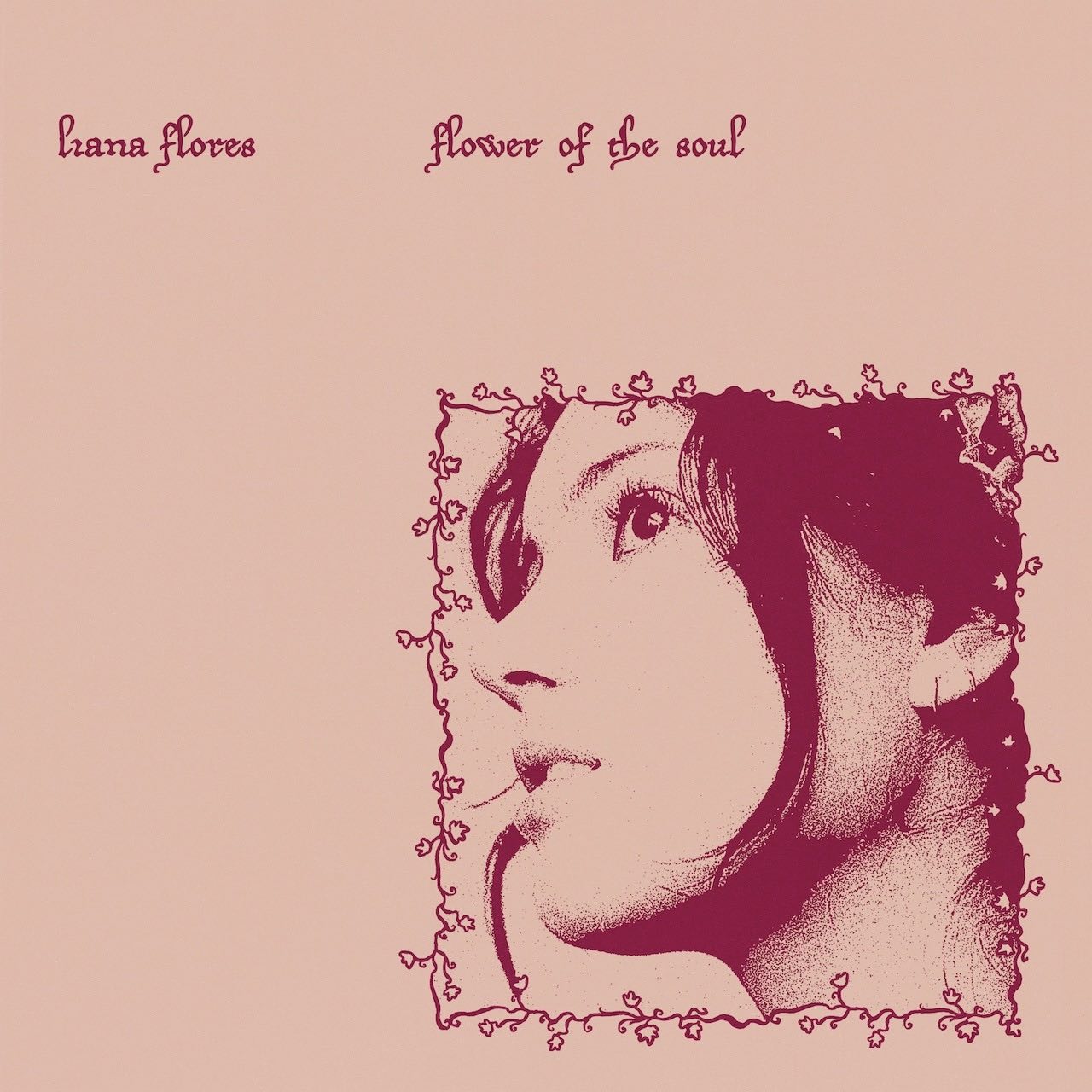Liana Flores
Flower of the Soul
VERVE
In 2019, British-Brazilian songwriter Liana Flores self-released her EP Recently, a collection of five tracks she composed as a teenager in a small town in South Norfolk. In its wake, one song picked up traction on TikTok: the wistful opener “Rises the Moon.” Now gracing everything on the app from crafting tutorials to Teen Titans fan edits, the track is as versatile as it is specific. It’s immersed in a youthful sense of saudade that unspools over delicate solo guitar, its lyrics finding solace in the same passage of time we fear: the promise of moonrise, the year’s gentle, inevitable creep toward autumn.
Now, five years later, Flores is signed to Verve Records and has returned with the album Flower of the Soul, an otherworldly full-length debut recorded after she obtained a zoology degree from the University of St. Andrews. Flower of the Soul draws from this fascination and the success of “Rises the Moon,” again using nature as a guiding star for understanding our own place within the world. This is a tone set early with the single “Orange-Coloured Day,” which brings a revelation as Flores retreats to the forest and considers chrysalises and baby birds. “In the wisdom of it all,” she muses, “singularity’s so small.”
Where some artists would rest on their viral laurels, though, Flores expands her vision on Flower of the Soul. There’s a ribbon of gothic romance in her sound (particularly on the baroque ballad “Nightvisions”), as well as a new studio team that includes producer Noah Georgeson, Grizzly Bear’s Chris Bear, and celebrated Brazilian artists Jaques Morelenbaum and Tim Bernardes. These elements lace together to evoke the pop-friendly jazz of Astrud Gilberto and Laufey, the folk-infused mysticism of June McDoom and Vashti Bunyan—familiar touchstones for Flores’ work that she nurtures here into rich new blooms.
Take “Now and Then,” for instance, which calls back to Recently’s title track. Like its predecessor, it focuses on the darker side of all-consuming love; but “Now and Then” is less confessional and more reflective, with a subtle sense of self-awareness that grows as the track continues along. “Now I know, for love I would forget myself,” Flores sings over the melancholy backdrop of Morelenbaum’s cello, “For light upon the water, water on the light.” In just under five minutes, she considers these patterns serenely even when they seem contradictory, revealing them like tarot cards to study.
But the sweetest evolution from Flores’ breakthrough EP might lie on “Butterflies,” a bossa nova stroll through a cityscape that Flores wrote shortly after she moved to London. On Recently, she wrote of feeling unrooted and listless with “Mother Tongue” and “Try Again Tomorrow,” but like the rest of Flower of the Soul “Butterflies” is full of promise—stylistically and thematically. With Bernardes alongside her, Flores holds the past in one hand and the forthcoming in another, acknowledging both as she moves through them in English and in Portuguese. “E o futuro estão abrindo, e o futuro está deslindo,” she sings, like a kind of spell: “And the future is opening, and the future is unfolding.”







